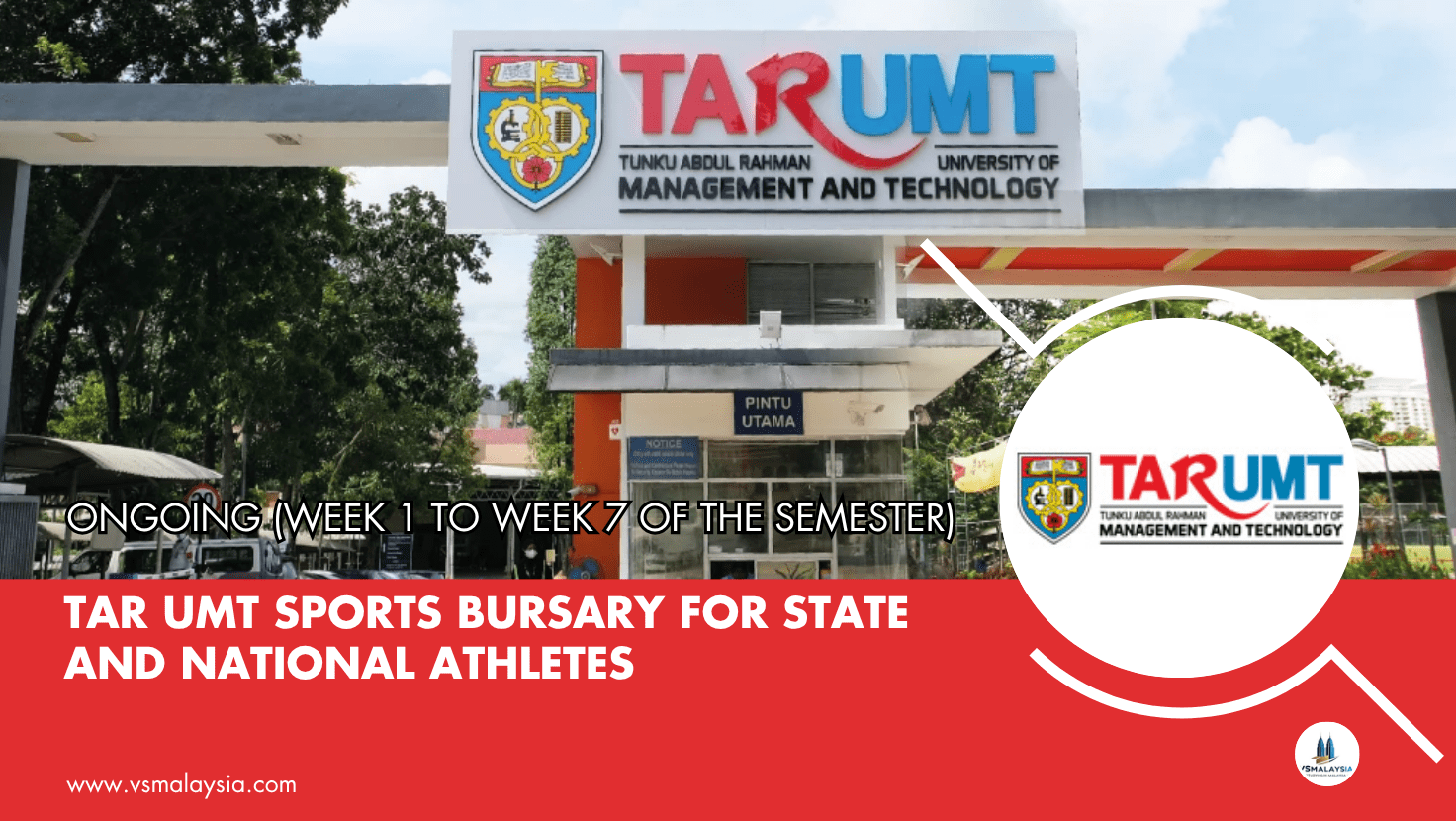Are you a dedicated academic or professional staff member at MAHSA University seeking to further your education or professional qualifications? The Staff Enhancement and Educational Development (SEED) Fund by MAHSA University offers a valuable opportunity for employees to receive financial support while advancing their skills and academic goals. Whether you are enrolling in a postgraduate program or pursuing a professional course, this funding is designed to promote continuous learning and capacity building within the university.
This initiative supports MAHSA’s commitment to fostering internal talent, improving staff capabilities, and encouraging academic excellence across departments.
Summary of MAHSA SEED Fund
- Scholarship Name: Staff Enhancement and Educational Development (SEED) Fund
- Host Institution: MAHSA University
- Sponsored by: MAHSA University
- Fund Type: Educational Fund
- Eligible Applicants: Academic and Non-Academic Staff of MAHSA
- Location of Study: Malaysia (Local Programs Only)
- Funding Type: Tuition Waiver / Grant / Reimbursement
- Application Status: Open Year-Round (Reviewed Biannually)
- Eligible Fields: Any approved academic or professional development program
- Deadline: Ongoing
What is the MAHSA SEED Fund?
The MAHSA University SEED Fund is an internal education fund aimed at supporting the professional growth and academic advancement of its staff members. This program allows employees to apply for funding to cover tuition fees, training costs, or certifications aligned with their career development goals within the university system.
Through this initiative, MAHSA University promotes lifelong learning and helps ensure that its employees remain at the forefront of their disciplines.
What Does the SEED Fund Cover?
Depending on the nature and type of program, successful applicants may receive:
- Partial or Full Tuition Fee Waivers
- Reimbursements for Approved Courses
- Grants for Professional Certifications or Development Activities
The level of funding support depends on the course, type of training, and alignment with the applicant’s current role or future responsibilities at MAHSA.
Eligibility Criteria
To be considered for the MAHSA SEED Fund, applicants must:
- Be a current employee (academic or administrative) of MAHSA University
- Be accepted into an approved course or professional program relevant to their role
- Demonstrate satisfactory work performance and commitment to continuous learning
- Agree to serve the university for a minimum of two years after completing the funded program
Terms and Conditions
All applicants and recipients must:
- Submit progress reports during the program
- Submit a final report upon completion of the course or training
- Maintain good academic standing and job performance throughout the funded period
- Repay the awarded funds if they leave the university within two years of completing the program
Required Documents
Applicants must provide the following supporting documents:
- Certified Academic Transcripts
- Professional Certificates (if applicable)
- Offer or Acceptance Letter from the institution or training provider
- Justification letter explaining relevance to current/future role
- Updated CV or Resume
Application Process
Interested staff members can apply by:
- Preparing and submitting all required documents
- Filling out the SEED Fund application form available at the HR or Education Development Office
- Submitting the completed application for biannual review by the scholarship committee
Note: Late or incomplete applications will not be considered.
Why Apply for MAHSA SEED Fund?
- Gain recognized qualifications without financial burden
- Increase career progression opportunities within MAHSA
- Join a network of skilled, empowered professionals
- Strengthen your academic and professional contributions to the university
If you’re ready to upgrade your skills, grow in your academic journey, and make a long-term impact at MAHSA University, then this is the perfect opportunity to apply.
For further inquiries, visit MAHSA University’s official website or contact your department head or HR officer.











